Understanding Trisodium Orthophosphate: Applications, Benefits, and Safety Considerations
Trisodium orthophosphate (TSP) is a versatile inorganic compound widely used in industrial, commercial, and even household applications. Known for its cleaning, buffering, and emulsifying properties, TSP plays a crucial role in various industries, including food processing, water treatment, and detergent manufacturing. Understanding its applications, benefits, and safety considerations can help in its effective and responsible use.
Applications of Trisodium Orthophosphate
- Cleaning Agent – TSP is a powerful degreaser and cleaning agent used for removing tough stains, grease, and mildew. It is commonly used in industrial and household cleaners for surfaces such as walls, floors, and machinery.
- Water Treatment – As a water softener, TSP prevents the formation of scale and corrosion in boilers and piping systems. It also helps in maintaining pH levels in water treatment facilities.
- Food Additive – In the food industry, TSP serves as an emulsifier and pH regulator in processed foods like cereals, cheese, and meat products. It enhances texture, moisture retention, and shelf life.
- Paint Preparation – Before painting, TSP is used to clean and de-gloss surfaces to improve paint adhesion. It effectively removes dirt, oil, and old paint residues.
- Agriculture – In fertilizers, trisodium orthophosphate provides essential phosphates that promote plant growth and improve soil nutrient balance.
Benefits of Trisodium Orthophosphate
- Highly Effective Cleaning Agent – TSP dissolves grease, oil, and stubborn stains efficiently, making it ideal for industrial and household cleaning.
- pH Regulation – It helps maintain the desired alkalinity in water treatment processes and food products.
- Food Preservation – TSP extends the shelf life of processed foods by preventing microbial growth and moisture loss.
- Enhanced Productivity in Agriculture – It contributes to improved crop yields by enriching the soil with necessary phosphates.
Safety Considerations
While TSP is highly beneficial, it must be handled with caution:
- Irritation Risk – Direct contact with TSP can cause skin and eye irritation. It is advisable to wear gloves and protective eyewear when handling it.
- Inhalation Hazard – Inhalation of TSP dust can irritate the respiratory system. Proper ventilation and masks should be used in industrial applications.
- Environmental Concerns – Excessive use of TSP in water systems may contribute to nutrient pollution, leading to algal blooms. Responsible disposal is crucial.
Conclusion
Trisodium orthophosphate is a valuable compound with extensive applications across multiple industries. While it offers significant benefits, responsible handling and adherence to safety guidelines are essential to mitigate potential hazards. Whether used in cleaning, food processing, or water treatment, TSP remains a key chemical in modern industrial and commercial operations.

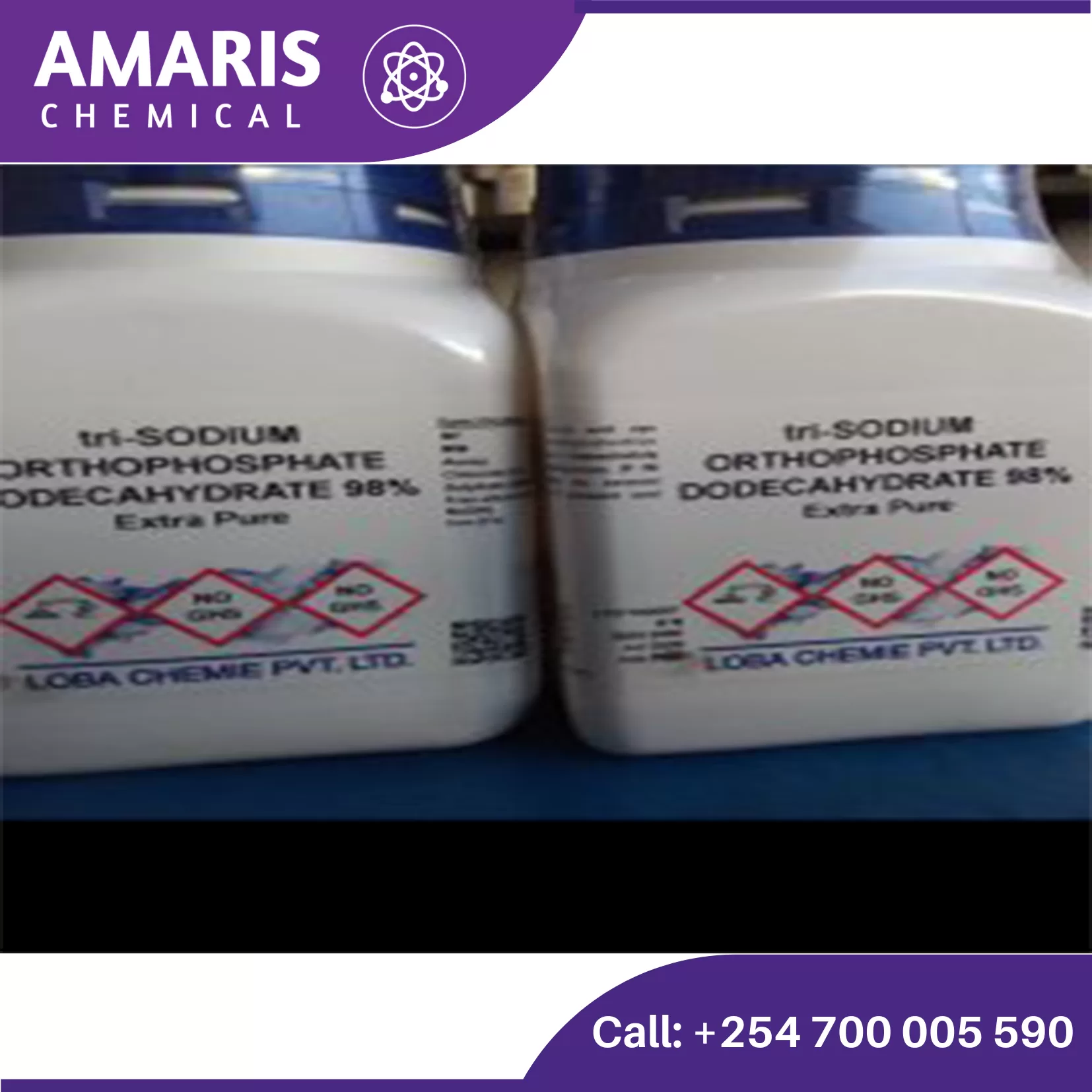
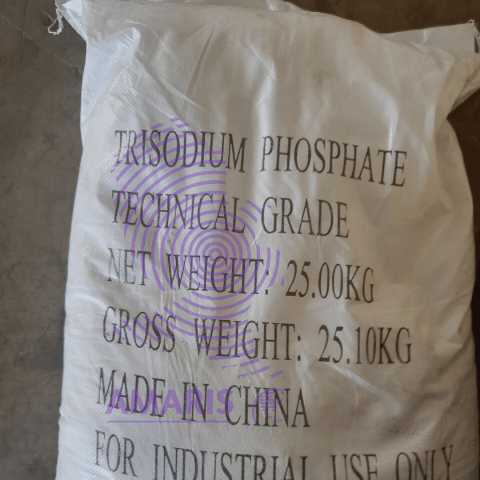
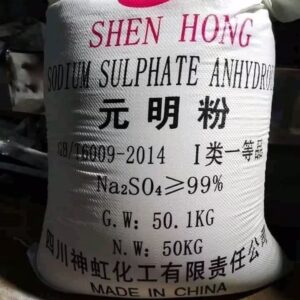
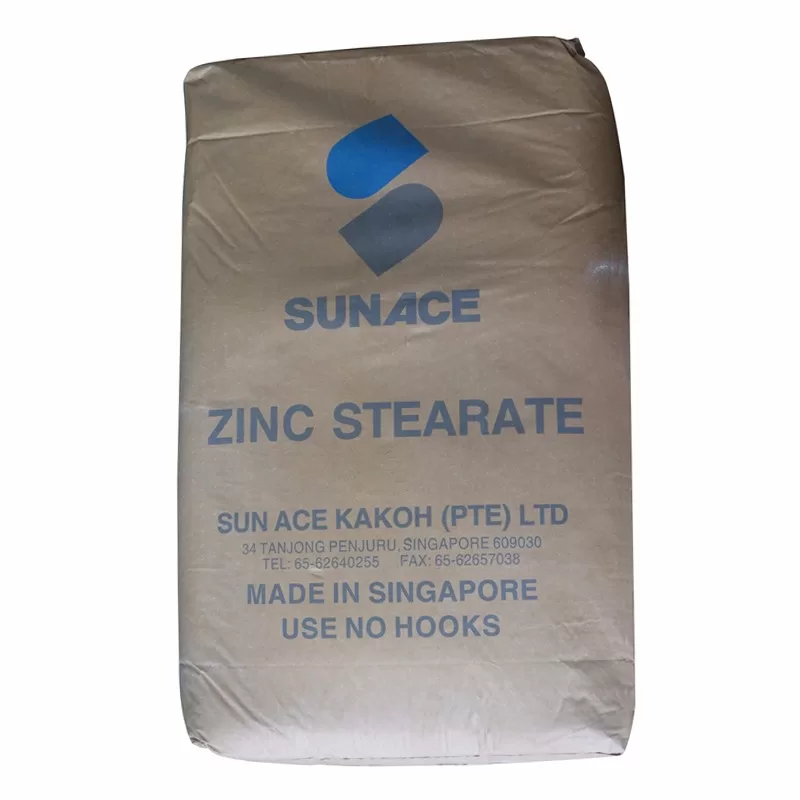
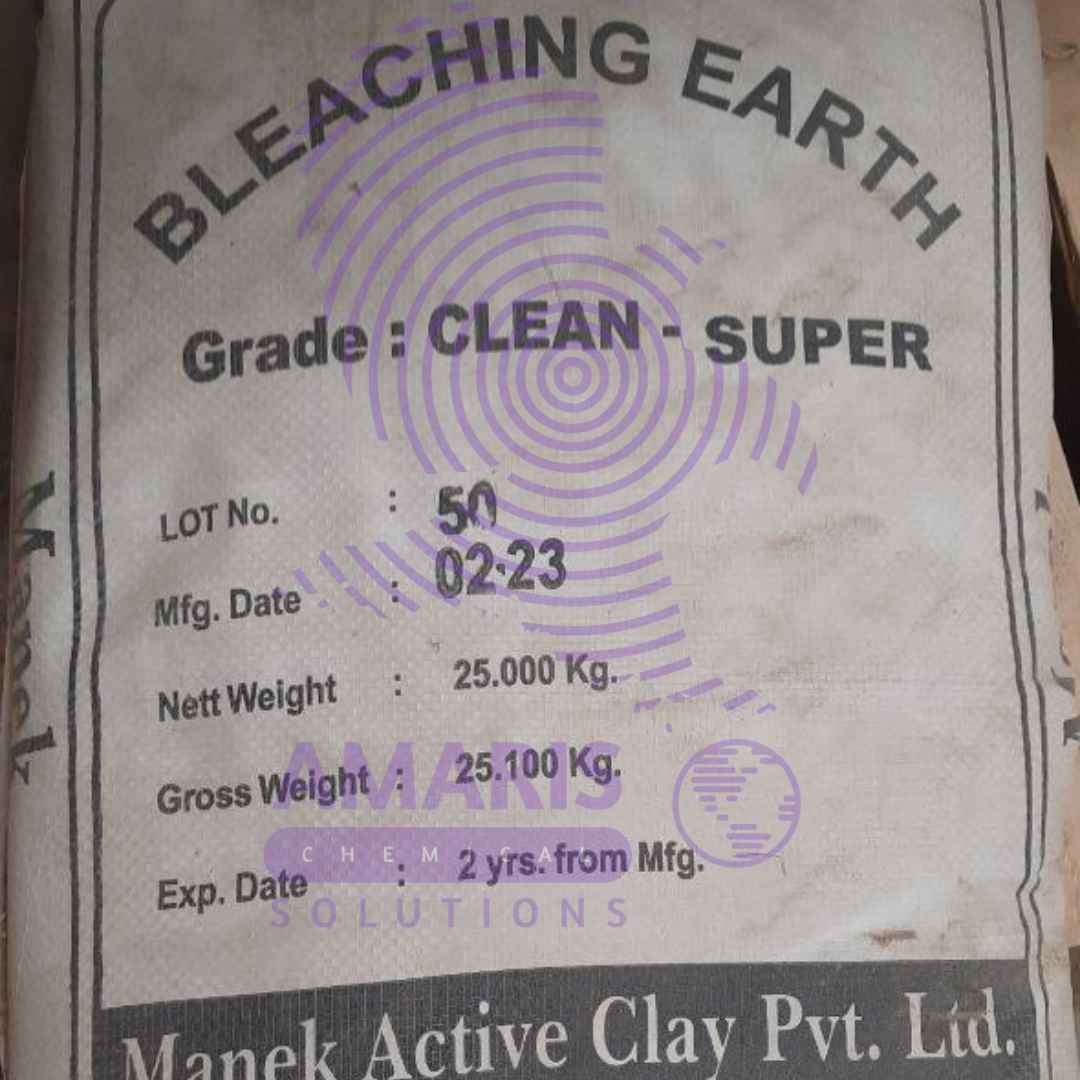

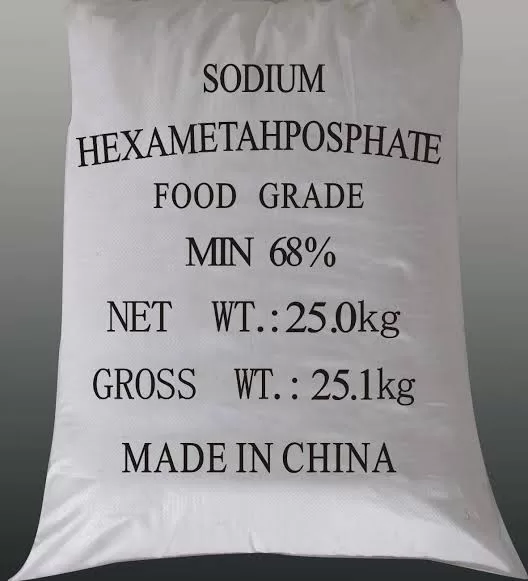






Add comment